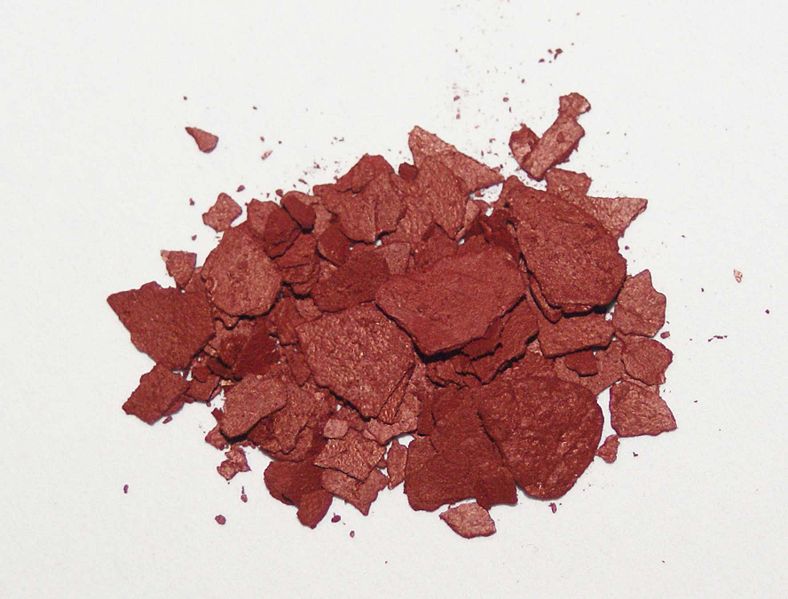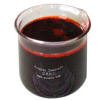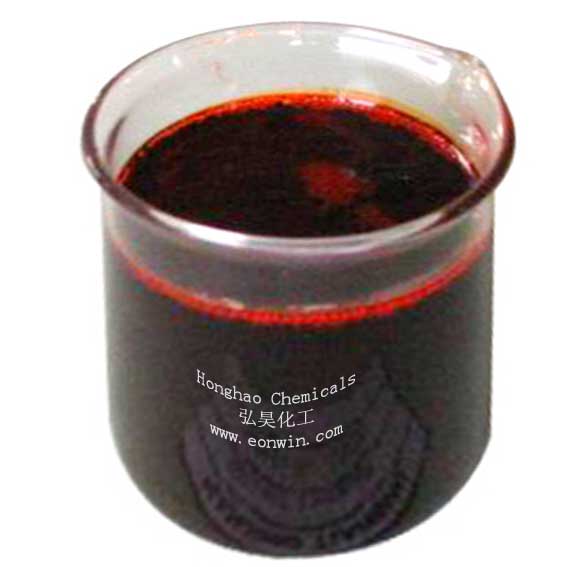Lycopene Powder or Oil
Lycopene is a powerful antioxidant carotenoid, works through a number of mechanisms to support cardiovascular health and immune
Lycopene is a powerful antioxidant carotenoid, works through a number of mechanisms to support cardiovascular health and immune function; be particularly important for the support of prostate health, as well as for the health of the digestive tract.

| Item | Spec |
|
CAS No. |
502-65-8 |
|
Name |
Lycopene;Lycopersicom esculentum mill |
|
Appearance |
dark red powder or liquid |
|
Source |
tomato, watermelon, red grapefruit, Chinese quava, guava, balsam pear etc. |
|
Applicable field |
Medicine, Health product |
|
Assay |
>90%HPLC |
|
Active material |
Lycopene |
|
Heavy Metal |
10ppm |
|
Total Plate Count |
1000cfu/g |
|
Yeast & Mold |
100cfu/g |
|
Loss on Drying |
2% |
|
E.Coli |
Negative |
|
Pesticides |
Negative |
|
Salmonella |
Negative |
|
Solubility |
soluble in Ethyl Alcohol and Diethyl Phthalate and insoluble in water |
|
Molecular Formula |
C40H56 |
|
Molecular Weight |
536.85 |
|
Packing |
5;10;25 kilograms / packaging |
|
Particle size |
100 mesh |
|
Shelf life |
2 years |
|
Description |
What is lycopene? In the body, lycopene is deposited in the liver, lungs, prostate gland, colon and skin. Its concentration in body tissues tends to be higher than all other carotenoids. Some organs, such as the testes and adrenal glands, store higher levels of lycopene than do other organs or tissues. Dietary consumption of lycopene (mostly from tomato products) has been associated with a lowered risk of prostate cancer. Men with higher levels of lycopene in their blood had statistically significant lower rates of cancer than did men with lower blood levels of lycopene. Studies have also shown that men who eat more lycopene-rich foods have less heart disease. Ongoing research suggests that
lycopene can reduce the risk of macular degenerative
disease, serum lipid oxidation and cancers of the
lung, bladder, cervix and skin.
|


